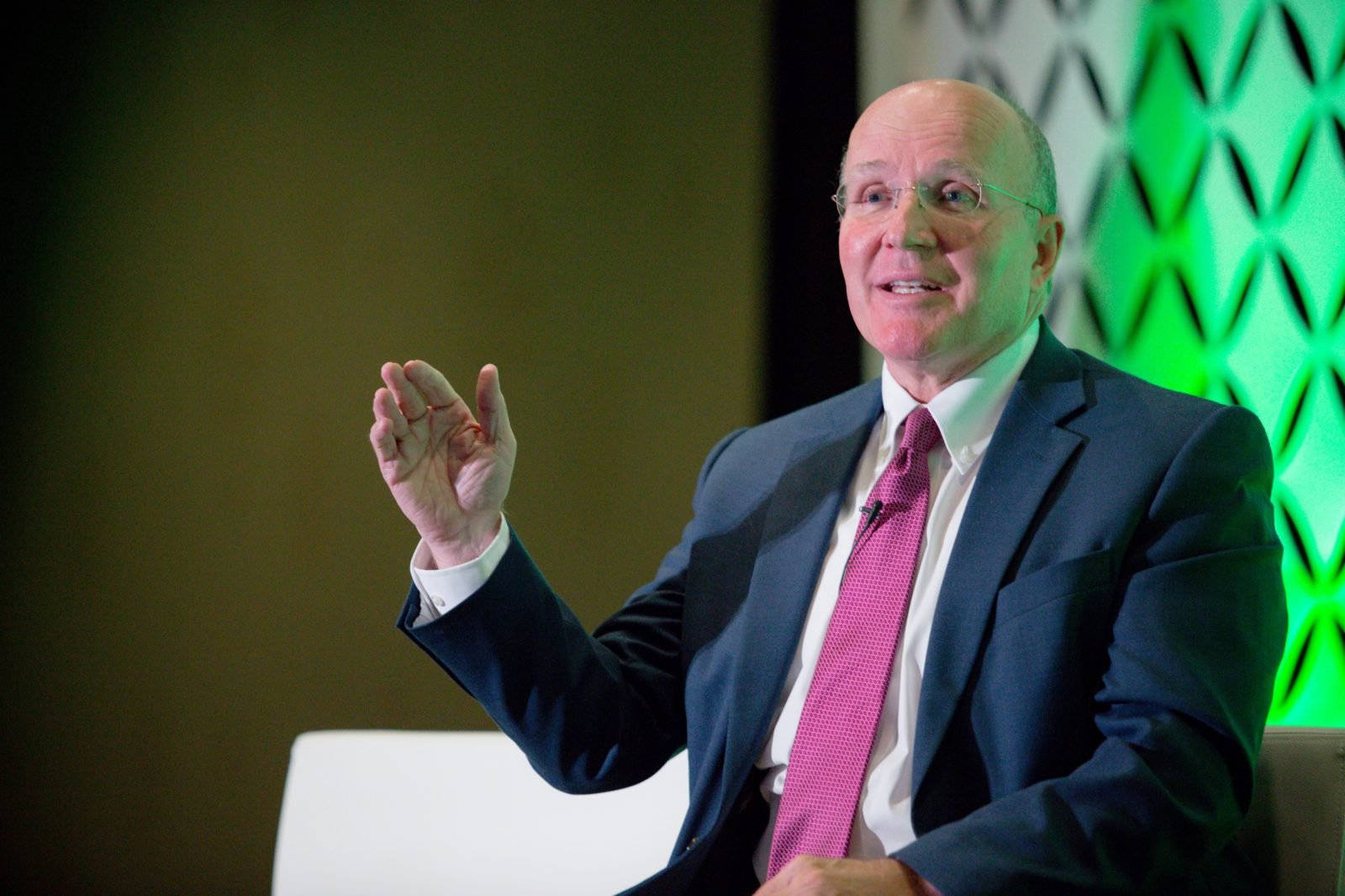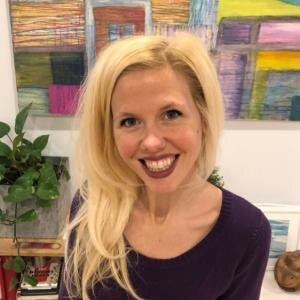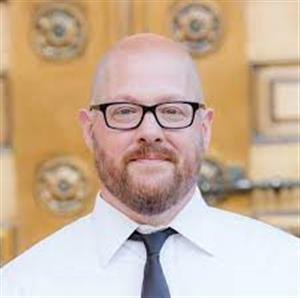NEW SHOW FEATURE: We are now LIVE streaming our shows. Want to join us live? Just click this link every Friday at 3pm ET / 12pm PT.
Ron and Ed break down the latest tariff policies of President Donald Trump, offering a free market critique of its implications. They explore how tariffs function as hidden taxes on consumers, challenge the idea of using protectionism as economic strategy, and examine the historical consequences of similar policies.
SHOW NOTES
Segment one
Literally "subject idea" Juche incorporates the historical materialist ideas of Marxism–Leninism but also strongly emphasizes the individual, the nation state, and national sovereignty. Juche posits that a country will prosper once it has become self-reliant by achieving political, economic, and military independence. https://en.wikipedia.org/wiki/Juche
Staying with the theme of Juche: If self-suffienciency worked, North Korea would be Monaco.
Having Trump Derangement Syndrome (when it comes to tariffs) means you are economically LITERATE. Congratulations.
“You couldn’t fill a Mini Cooper with economists who agree with tariffs. You just couldn’t.” —Ron Baker
Ed referenced episode 76, Lessons from the Trading Game, on the show today. Here is the link https://www.thesoulofenterprise.com/76
Segment two
“In every country it always is and must be the interest of the great body of the people to buy whatever they want of those who sell it cheapest. The proposition is so very manifest, that it seems ridiculous to take any pains to prove it; nor could it ever have been called in question, had not the interested sophistry of merchants and manufacturers confounded the common-sense of mankind.” —Adam Smith, 1776, The Wealth of Nations
On Juche for Dummies, “I’m sure we are at a trade deficit with some country that’s importing bananas to us. And we then slap a 10% tariff on them because we want bananas?” —Ed Kless
Referenced on the show today: Economics in One Lesson — The Shortest and Surest Way to Understand Basic Economics by Henry Hazlitt https://www.amazon.com/Economics-One-Lesson-Shortest-Understand/dp/0517548232
NAFTA lost 1 million jobs for the US in its first 20 years between 1994 and 2014. That means it took NAFTA two decades to kill as many jobs as we turn naturally IN 18 DAYS.
Segment three
“In general international deficits and surpluses have had virtually no correlation with the performance of most nation’s economies.” —Thomas Sowell in Basic Economics https://www.amazon.com/Basic-Economics-Thomas-Sowell/dp/0465060730
“Read My Lips: Tariffs Are Taxes” by Kevin Williamson https://thedispatch.com/article/trump-tariffs-taxes-housing-prices-lumber/
From the official government website, the Harmonized Tariff Schedule sets out the tariff rates and statistical categories for all merchandise imported into the United States. https://hts.usitc.gov/
Segment four
A great joke from Ron on the show today, “If exports are great and imports are bad then, like Bastiat said, we should sink all the ships at sea.”
Regarding tariffs and current economic “policy”: All of this boils down to zero sum game thinking, something we have railed against at The Soul of Enterprise for the entirety of our existence.
Those penguins we mentioned today? Yeah, that’s a real thing. Here’s the article titled “No economy is safe from Trump’s tariffs, even non-economies” https://sherwood.news/world/no-economy-safe-trumps-tariffs-even-non-economies-heard-island/
From Jeffrey Blehar at National Review, “So it is with President Donald Trump who — convinced of his own superior intellect — has crowbarred open a newly delivered crate of ACME Trade Policy, unboxed Peter Navarro circa 1996, and strapped on his goggles and rocket shoes to catch that elusive, slippery trade deficit once and for all.” https://www.nationalreview.com/carnival-of-fools/trumps-cartoon-physics-takes-america-off-the-cliff/
Wile E. Coyote: Genius https://www.youtube.com/watch?v=PufFA8kDWFk
Bonus Content is Available As Well
Did you know that each week after our live show, Ron and Ed take to the microphone for a bonus show? Typically, this bonus show is an extension of the live show topic (sometimes even with the same guest) and a few other pieces of news, current events, or things that have caught our attention.
Click the “FANATIC” image to learn more about pricing and member benefits.







































